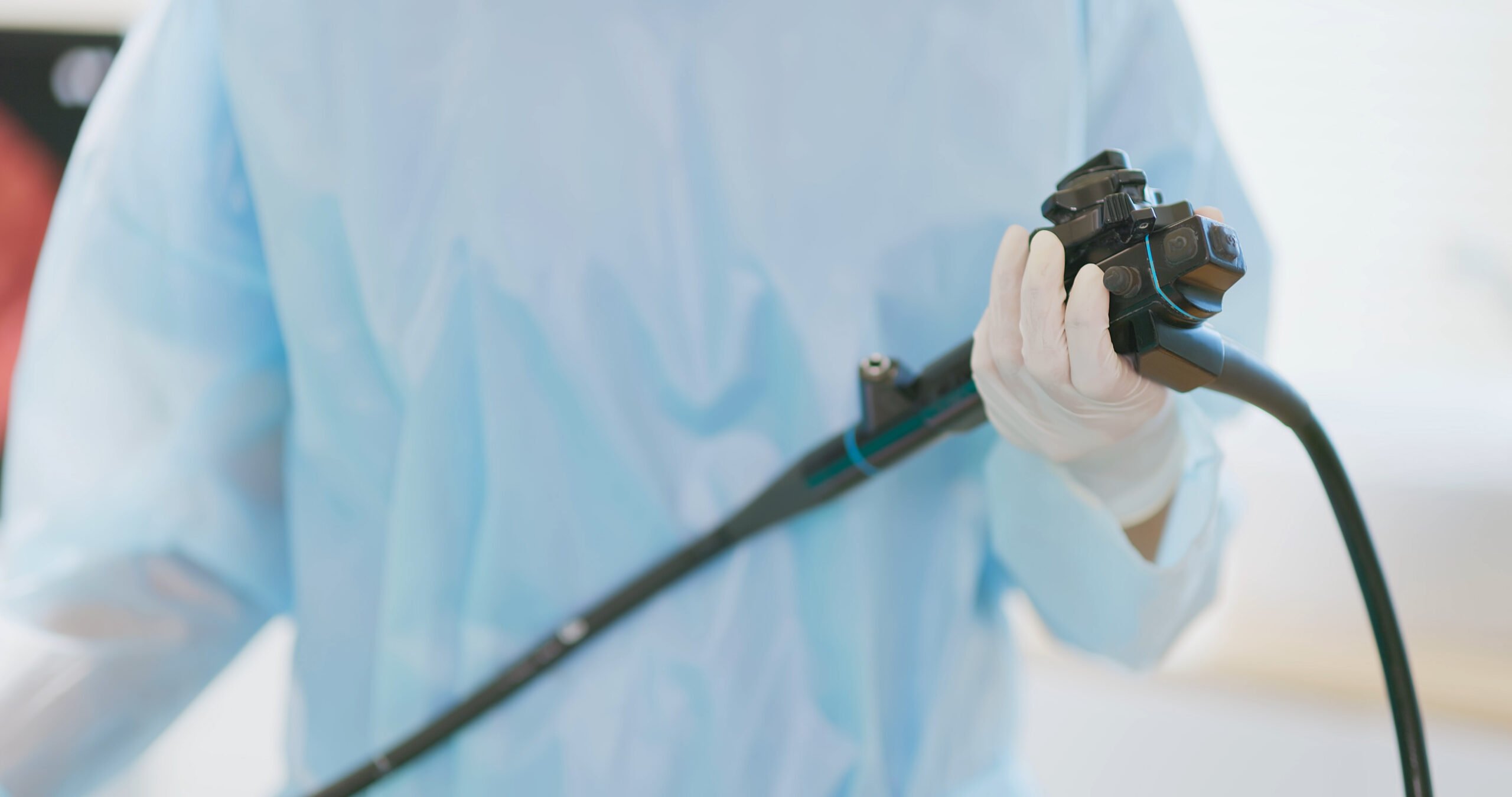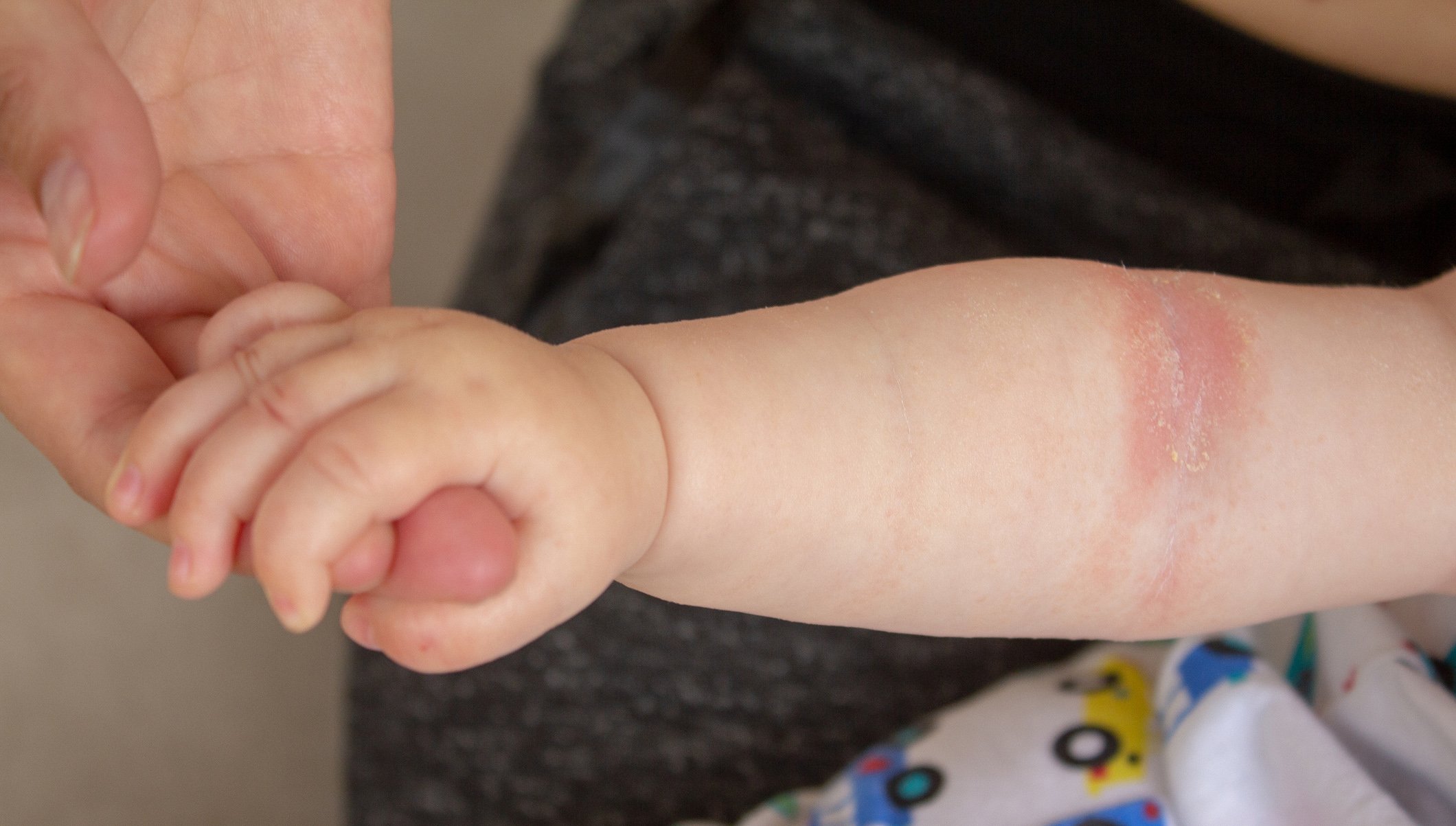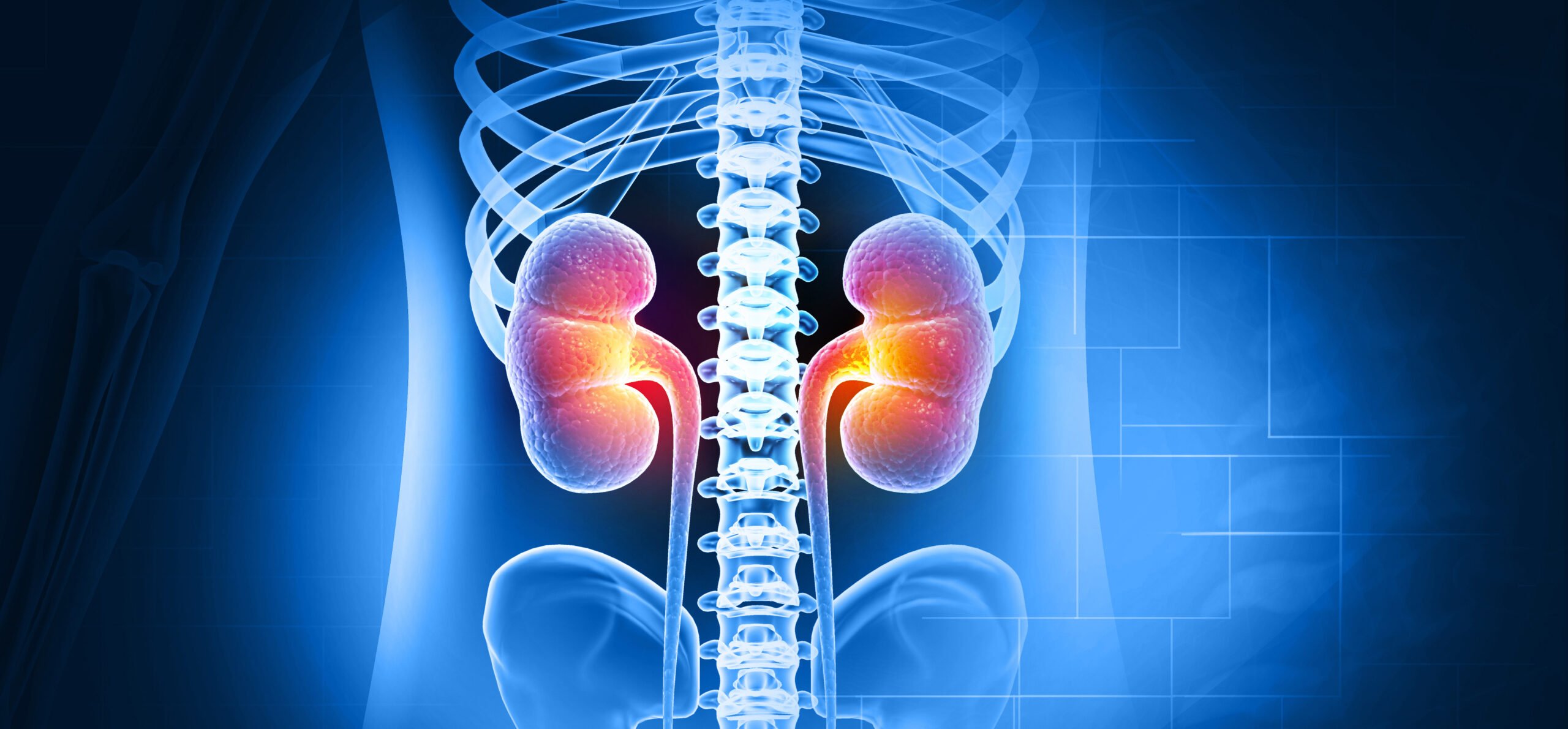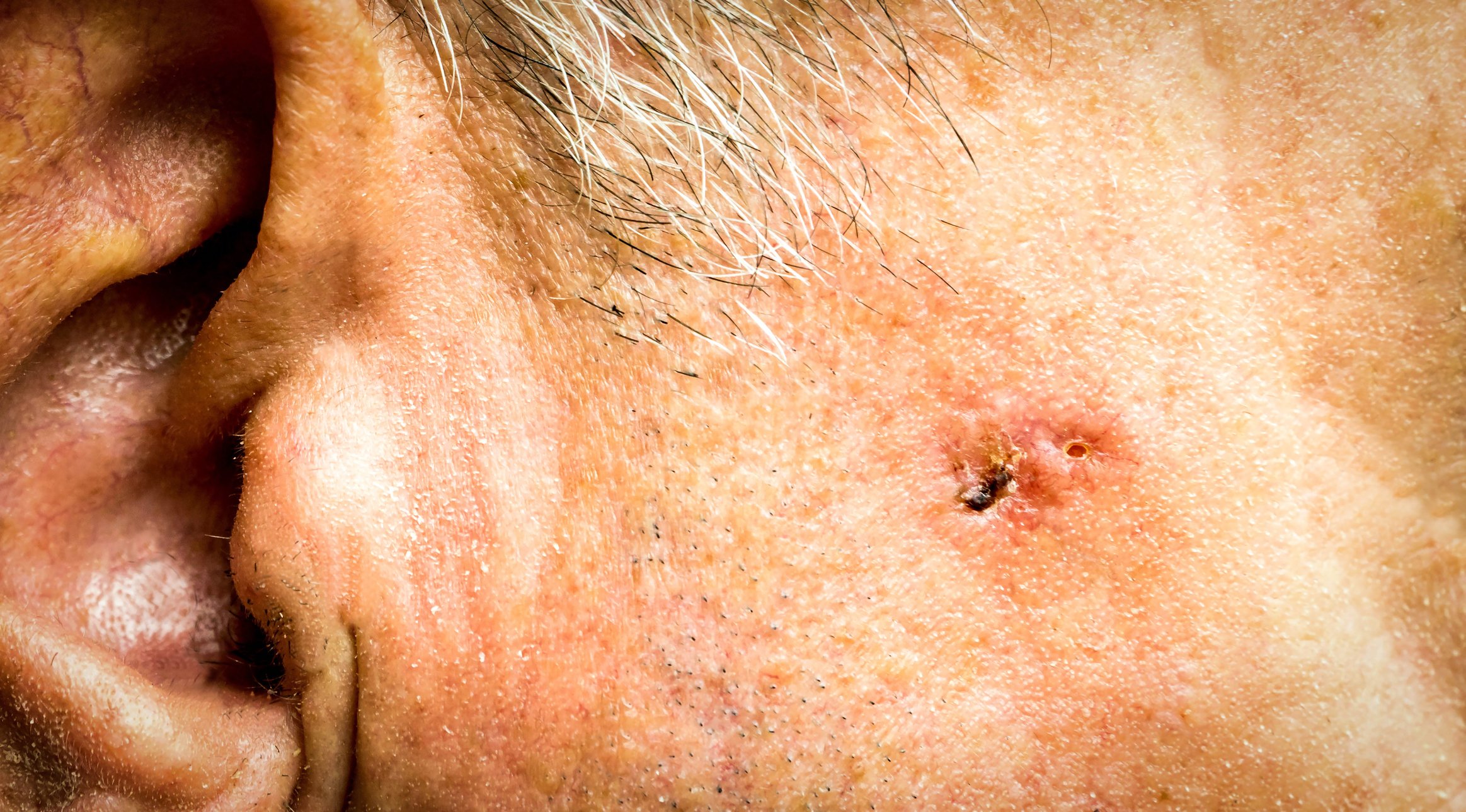Peripheral arterial disease (PAVD) often occurs as a result of atherosclerosis, with varying prevalence depending on age. Men are more commonly affected than women [1], and in two-thirds of all cases it is asymptomatic [2]. According to Fontaine, pAVK is divided into four different degrees of severity.
Therapy of pAVD also includes treatment of risk factors such as smoking cessation and lowering of lipids and blood pressure. Walking therapy is also an important component, especially in stage II, which sometimes shows significant success [3]. In the process, patients train the pain-free and absolute walking distance.
EGb 761®
Among other medications, treatment with the Ginkgo biloba special extract EGb 761®, which is commercially available in Switzerland under the brand name Tebokan® and approved as an adjuvant in exhausted gait training, has proven effective [4]. EGb 761 causes an improvement in blood flow and microcirculation, as well as a decrease in erythrocyte aggregation and an increase in erythrocyte flexibility. Further, the extract has anti-ischemic and anti-hypoxic properties and decreases free radicals [5, 6]. In addition, the LDLox/LDL ratio is also improved.
Clinical studies with EGb 761
A review of the important studies of the treatment of pAVD with EGb 761 was published by Horsch and Walter in 2004 [7]. Here, we reviewed controlled trials of EGb 761 in the presence of stage II pAVD that had pain-free walking distance as the primary outcome variable. According to the German Society of Angiology, the criterion for efficacy of treatment of pAVD is an improvement in pain-free walking distance by ≥5% [8]. Therefore, the ratio of theta versus theta 0 (=1.05) was determined for all studies using the T test. Nine placebo-controlled clinical trials met the inclusion criteria (referenced in [7]).
Results: In all nine studies, EGb 761 produced an improvement in pain-free walking distance, with superiority according to the guidelines in six (Theta >1.05). Pooling all data resulted in a theta value of 1.23. Horsch and Walter pooled the data from the four studies whose design was most homogeneous and thus determined a theta value of 1.18, which also corresponds to a significant improvement in pain-free walking distance. These results of the meta-analysis [7] thus show a significant improvement in pain-free walking distance, which is in accordance with the guidelines of the German Society of Angiology.
A meta-analysis by Pittler and Ernst with eight studies, seven of them with EGb 761 [9] showed a significant and guideline-compliant difference in pain-free walking distance.
Tolerability: All studies reported good to very good tolerability of EGb 761, which was only slightly higher than the value from the placebo groups.
Dose differences: Schweizer and Hautmann [10] compared daily doses of 120 mg and 240 mg EGb 761 in 74 patients with stage IIb pAVD. Both groups achieved a clinically relevant increase in pain-free walking distance after 24 weeks of therapy: 60.6 m with 120 mg and 107.0 m with 240 mg, respectively. The higher dose was significantly superior to the weaker dose (p=0.00253).
Summary
The clinical studies presented here show that the Ginkgo biloba special extract EGb 761 has clinically relevant efficacy as an adjuvant in stage II pAVD. A daily dose of 240 mg is significantly more effective than 120 mg. The compatibility of EGb 761 is good to very good. Thus, EGb 761 proves to be a useful component of a comprehensive treatment of pAVK.
Literature:
- Riesen W: Ginkgo biloba special extract EGb 761® in PAVK. The Informed Physician 2013; 5: 20-21.
- Gröchenig E: Peripheral arterial occlusive disease in PAVK. Phytotherapy 2008; (1+2): 12-14.
- De la Haye R, et al: An epidemiological study of the applicability and limitations of physical therapy/movement therapy in Fontaine stage II arterial occlusive disease, VASA 1992 (Suppl)38: 1-40.
- kompendium.ch, 2014, Documed AG.
- Witte S, et al: Hemorheology by Ginkgo biloba extract. Fortsch Med 1992; 110: 247-250.
- Koch E, Chatterjee SS: Experimental basis for the therapeutic use of ginkgo extract EGb 761 in the treatment of vascular diseases. Hemostaseology 1993; 13: 11-27.
- Horsch S, Walther C: Ginkgo biloba special extract EGb 761 in the treatment of peripheral arterial occlusive disease (PAOD) – a review based in randomized, controlled studies. Int J Clin Pharm Ther 2004(2); 42: 63-72.
- German Society of Angiology, Society for Vascular Medicine, Guidelines for the Diagnosis and Therapy of Peripheral Arterial Occlusive Disease (PAVD), as of 2009.
- Pittler MH, Ernst E: Ginkgo biloba extract for the treatment of intermittent claudication. A meta-analysis of randomized trials. AM J Med 2000; 108: 276-281.
- Schweizer J, Hautmann C: Comparison of two dosages of Ginkgo biloba extract EGb 761 in patients with peripheral arterial occlusive disease Fontaine’s stage IIb. Drug Res 1999; 49: 900-904.
CARDIOVASC 2014; 13(1): 26











